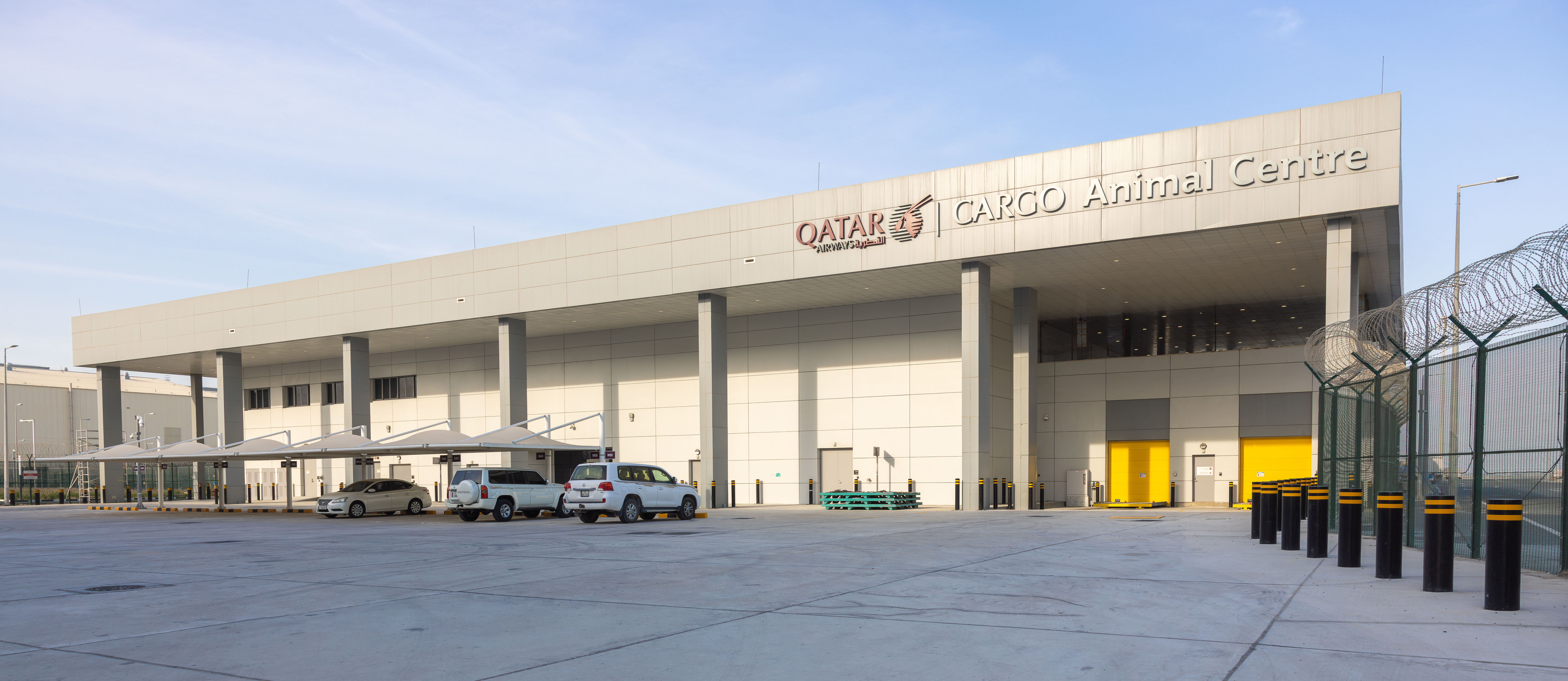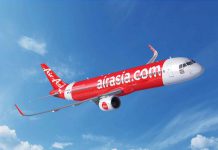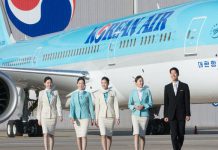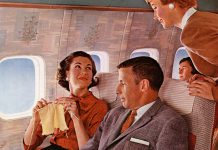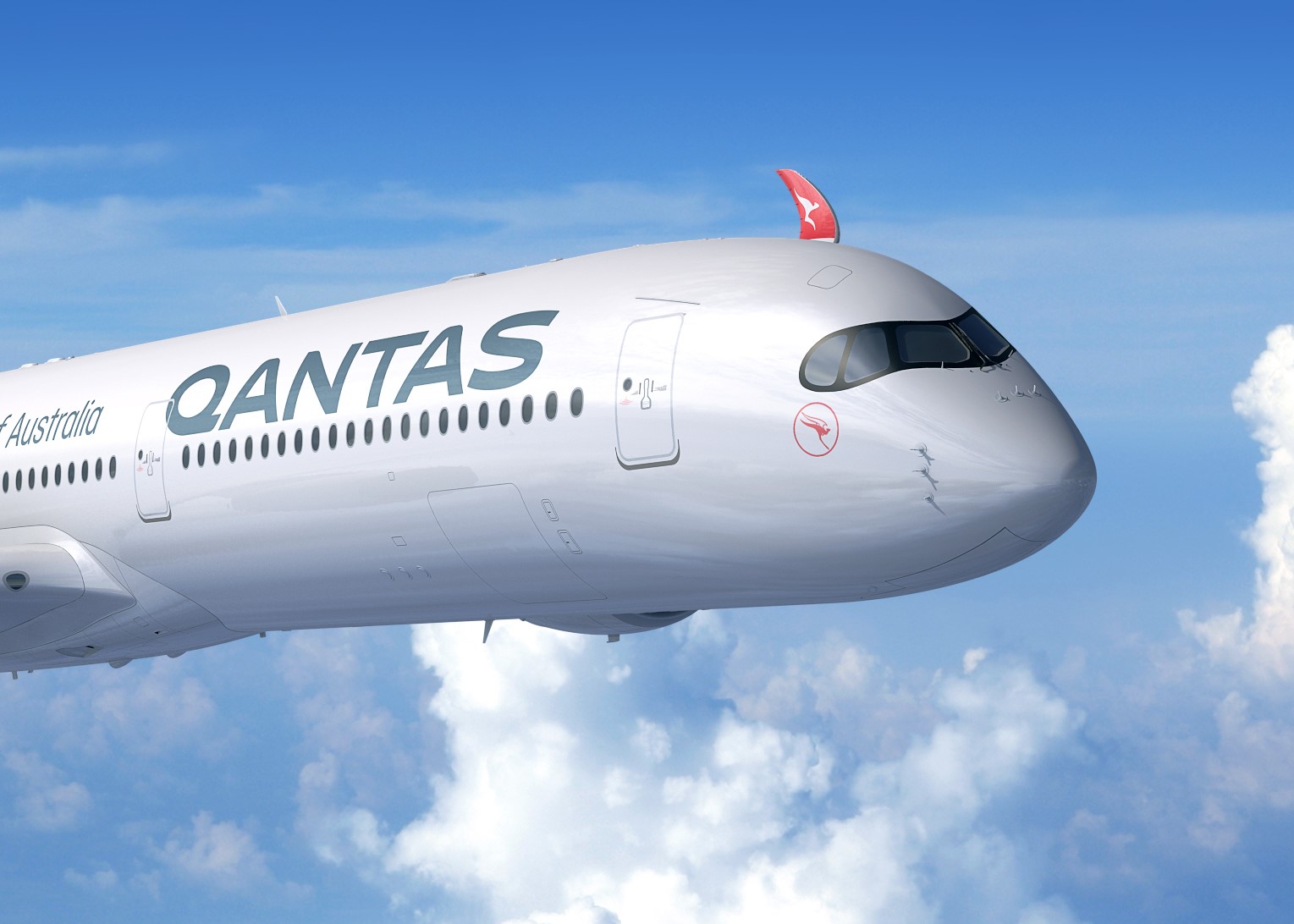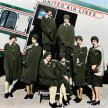A Qantas plan to use outside pilots to fly its Project Sunrise ultra-long-haul routes has the potential to damage the airline for years to come, the airline’s pilot union has warned.
Australian and International Pilots Association president Mark Sedgewick said most of the union’s members viewed as unacceptable the Qantas warning it would use an external workforce if can’t get the deal it wants on Sunrise flying.
READ: Qantas warns union it will seek outside pilots to launch Sunrise.
“We have warned Qantas that recruitment of an external workforce risks damaging pilot engagement and would potentially damage the airline for many years to come,’’ he said.
“We remain focussed on the need to negotiate a package that is in the best interests of long-haul pilots and which also meets the needs of Qantas.
“Our members have the skills to safely fly ultra-long-range routes and we see no need for the airline to engage another workforce.”
Qantas International boss Tino La Spina sent a note to pilots on Thursday warning it would engage outside pilots for its ambitious plans to fly from Australia’s east coast to London and New York using Airbus A350s if they did not agree to the deal on the table.
The airline is facing a March 31 deadline from Airbus for production slots for the A350s and has been told the manufacturer would be unable to extend.
It told the pilots this was not its preferred option and it would continue negotiations for now.
If it is unable to come to a deal with AIPA it will then put its proposals directly to its pilots and ask them to vote on them, effectively bypassing the union.
But if that fails, it warned pilots it would be left with no viable alternative but to have Sunrise flying performed by a new “employment entity” that would provide the needed cost base.
The airline believes it has a good deal on the table for pilots with pay rates for joint A330/A350 flying about 5 percent higher than Boeing 787 and promotional opportunities for pilots.
But it conceded a major sticking point was a proposal to pay future second officers at a lower rate.
Sedgwick said AIPA remained committed to continuing talks with Qantas and its negotiators had worked hard to find common ground with the airline.
He said Qantas had claimed it had been flexible during the negotiations but noted its productivity targets “remained absolutely fixed”.
He also pointed to pilot duty hours and fatigue management as another issue concerning AIPA.
“Current restrictions on pilot duty hours means there is no legal basis for Qantas’ Project Sunrise proposal to operate,’’ he said.
“The current Qantas Fatigue Risk Management System trial, being conducted between the airline and CASA has excluded adequate consultation with AIPA and this is a further issue within the enterprise bargaining process that is yet to be worked through.”


